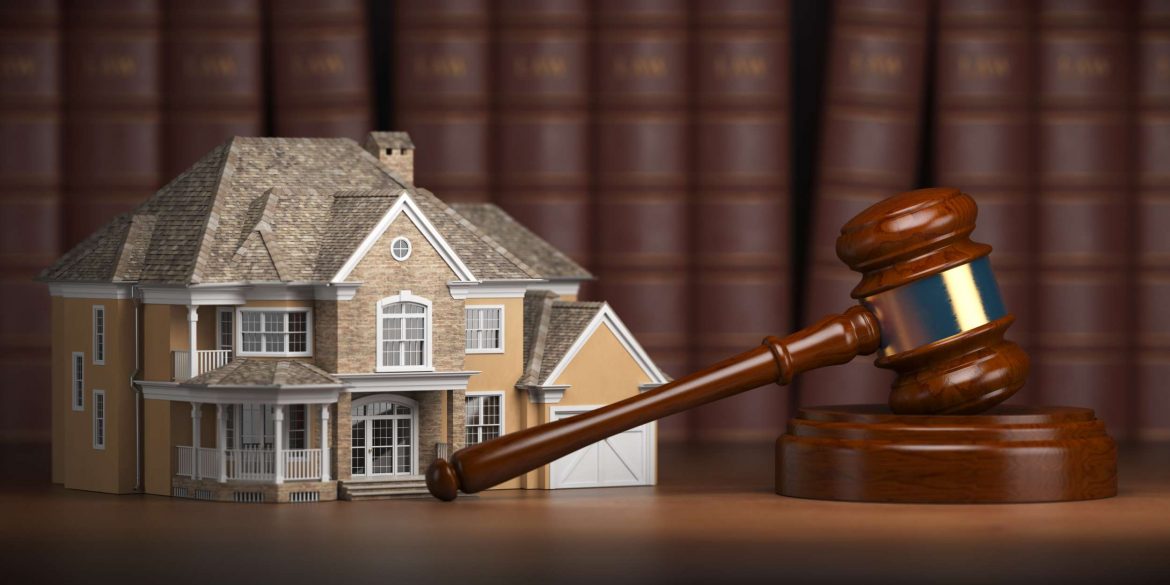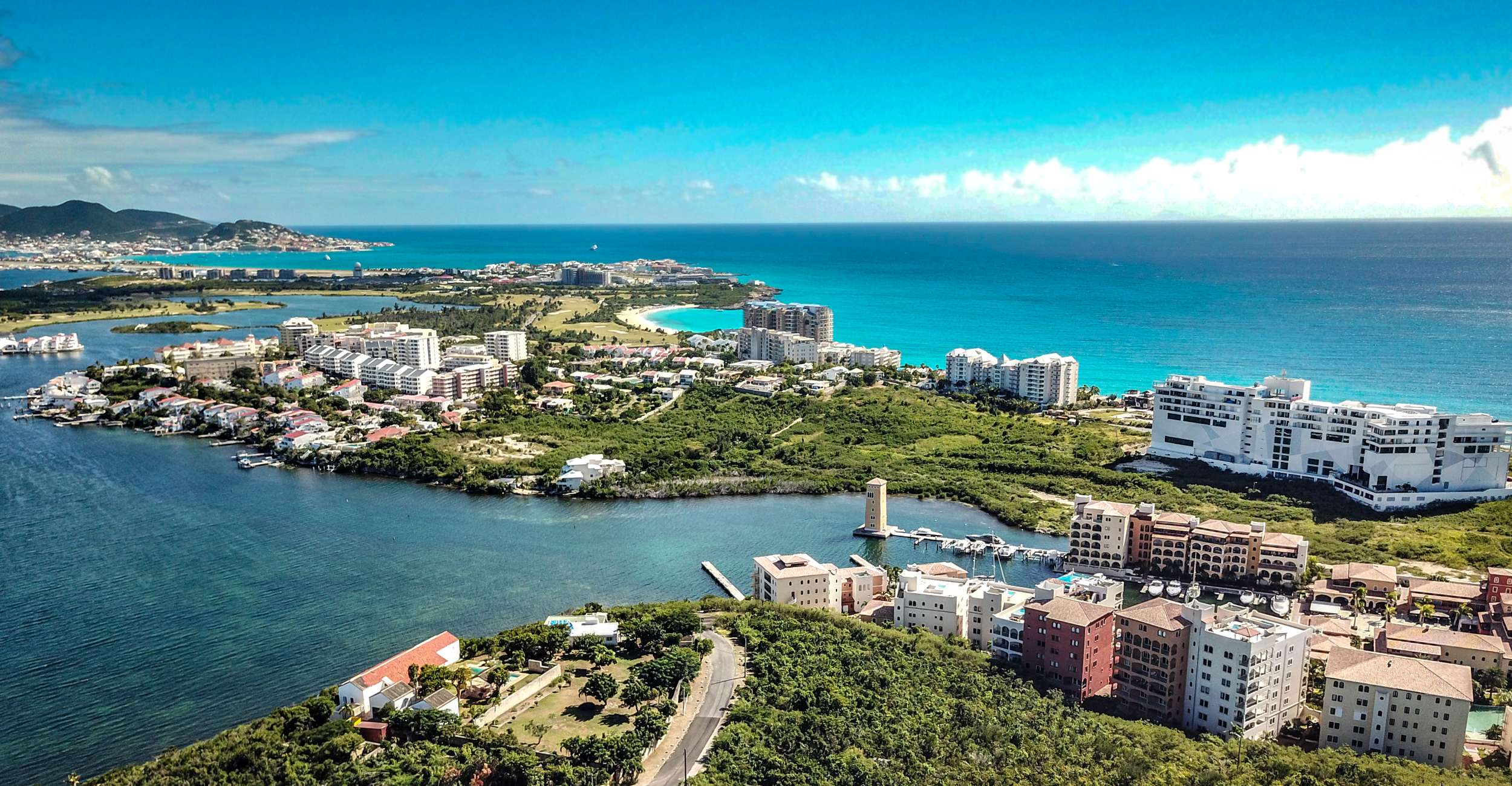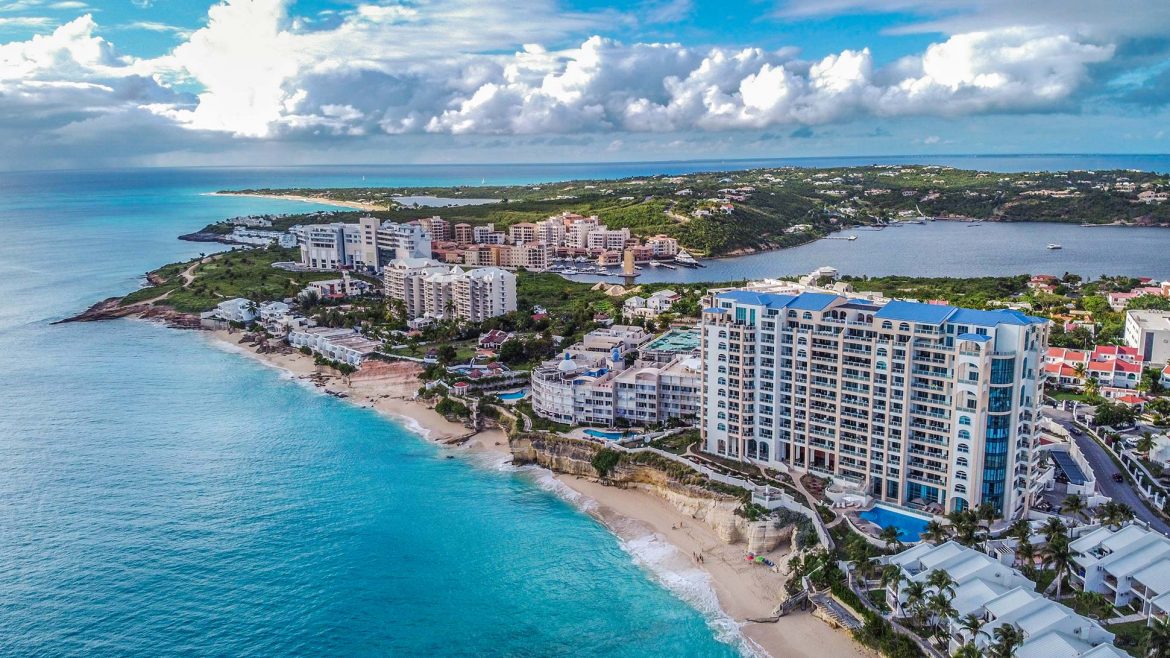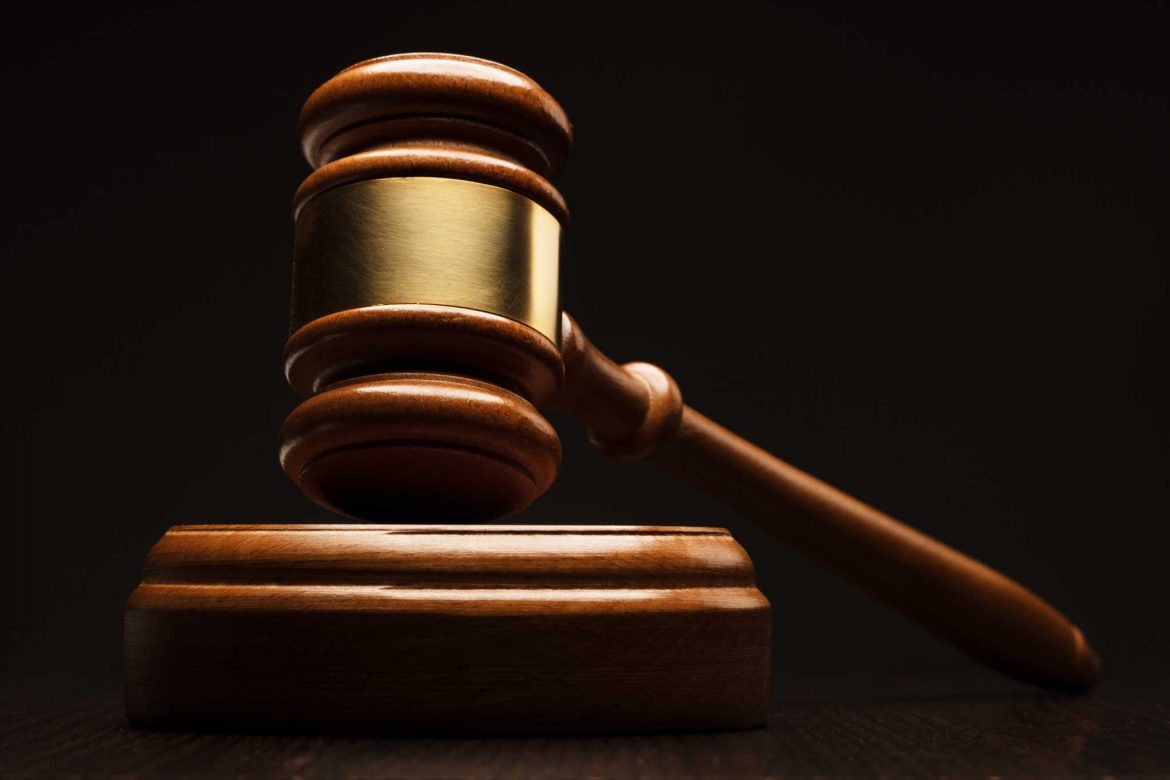
Houses At Auction In St Maarten Now
If you’re planning on purchasing a house in St Maarten, I am sure you considered going to a St Maarten (SXM) auction. As a buyer, you have to consider all the channels including other St Maarten real estate listings or consulting with trusted St Maarten realtors. Auctions in St Maarten are a good way to expand your property search that could even help you snatch up a good deal if give it your due diligence. Here, we’ll be covering what goes on at a St Maarten auction, the St Maarten legal processes involved, as well as the pros and cons you may want to be aware of; specific to St Maarten real estate.
Did you know that you can get an Auction Risk Assessment Report before you buy a St Maarten auction property?
Contact Ritika our Head Broker on +1721 526-1819.
In most cases, a verbal yes/no is free of charge.
However, an in-depth study including market comparables is also available. See the Case Study below for details.
Latest Notary Auctions in St Maarten:
There are only three Notaries in St Maarten who are able to hold a auction and here are all the links to their SXM auction pages:
Notary Richards Auctions
BOEKHOUDT Auctions
Mingo Notary St.Maarten Auctions

St Maarten Auctions
Why Buy A St Maarten House On Auction
Only to get a good deal!
Remember that every property in St Maarten has been through storm damage. If the damage was neglected, the cost to repair is going to be significant when you buy a St Maarten auction property.
Usually, a property ends up in auction as last resort.
Most owners would have already approached St Maarten realtors like us before it ever reaches the auction stage.
There is no other reason you should ever buy a property in St Maarten auction unless the price is phenomenally good. In fact, The price has to be at least 50% less than the market value for you to consider. Otherwise, we would NOT RECOMMEND a St Maarten auction property.
Case Study of St Maarten Auction
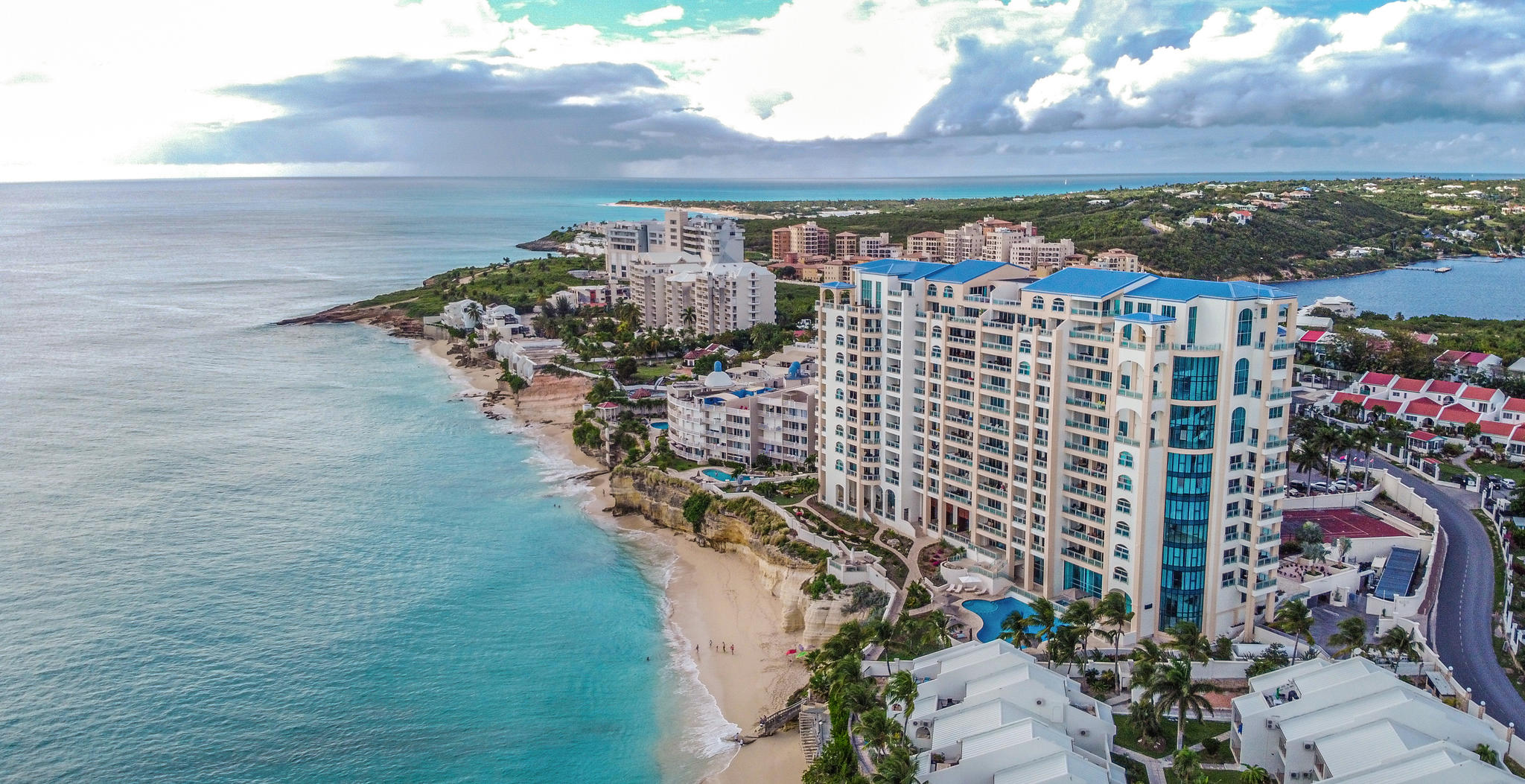
- For client confidentiality, the names are changed.
- Danny came to us for investments. Anything really as long as there is a return.
- Danny is a real estate investor in St Maarten with various business interests.
- When Century21 was informed by the Notary auction that a beachfront condo is available for half the price; we urgently prepared a report for Danny.
- Being experts in beachfront condos, Danny couldn’t say no when he saw our awesome report!!
- The Century21 Auction Risk Assessment Report (C21ARAR) provided Danny with property rental incomes, recent nearby condo sales, re-sale values, running costs, surprise costs like condo assessments, and pictures of a similar condo in the building.
- Danny would not have considered the beachfront condo without this report.
- Remember Danny is only allowed to view the beachfront condo from the outside; which means Danny can only see the front door of this condo!!!
- During the St Maarten auction, Danny got lucky. He was the only buyer and he won the Dutch auction easily!! Century21 was there to explain and support him during the entire auction process.
- Auctions are easier with a little support!
- Danny bought the property for half the price and was elated!!
- Due to some delays in transferring the funds, Danny got the keys 30 days after the auction date. Usually, this is much sooner.
- Unfortunately there was a major plumbing fault and the pipes had damaged tiles and structure.
- Danny was ok with this because he had set aside 10% of the emergency fund in case of such eventualities. Smart because for anyone else this could have been a disaster.
- Also, the ocean views were obstructed hence selling this condo will be difficult.
- The condo actually cost $35,000 to repair (much more than the 10% Danny set aside!) because not only was the plumbing a problem but the kitchen had to be replaced due to neglect and bathrooms had to be re-tiled.
- Danny still rents the condo on long-term and achieves 15% RETURN ON INVESTMENT on this St Maarten Auction property.
- Can you believe that!
- Danny also knows that when he puts the property on the market with Century21 once seven years have passed, we will sell it at approximately 80% more than the price he paid.
- Full disclosure: The condo was bought for approximately $250,000. Rented for $2800 per month at 80% occupancy. The Auction Risk Assessment Report conducted by Century21 indicated a resale value of $425,000 (pre-pandemic valuation). During the pandemic, the condo sold for $375,000.
- Win-Win!
St Maarten Auction Terms
- Auction – The public sale of foreclosed registered properties officiated by a civil law notary, instructed by a judgment creditor or mortgagee and governed by applicable laws of the Code of Civil Procedure as well as the Civil Code.
- Registered property – this is the real estate being offered up for auction, or a restricted right to a registered property for auction, the rights to which may be transferred independently.
- Seller – the authorized party to provide instructions for the auction.
- Bid – a bid amount that raises or decreases the bid, offered by the interested party at auction.
- Bidders – the people offering bids at an auction.
- Opening bid – his is the first bid to be placed after the start of the auction.
- Reserve price – the minimum price of the registered property for which it is auctioned for.
- Adjudication – the seller’s statement on the account and as an outcome of the auction.
- Act of Command – a notarial deed in which the bidder indicates his mandatory principles.
- Buyer – the party to which the adjudication is directed at.
- Transfer – the legal action required to make the buyer become the party entitled to or the owner of the registered party.
- Delivery – the act of surrendering ownership of the registered property to the buyer.
- Special auction conditions – these are valid conditions added to or that deviate from general conditions contained in the record of the auction or deed of auction conditions; also includes information specific to the registered property.
- Record of award – compiled notarial deeds that may contain any of the following: records of the auction, deed of special conditions, deed of adjudication, and act of command
- Notarial statement of payment – a notarial deed certified by the civil law notary that serves as proof of receipt of the purchase price, that the seller permits discharge of the purchase price
- Lender conformation auction – a type of auction In which the lender has the option to not accept a bid even if it’s the highest
- Absolute auction – an auction in which the highest bidder gets the property

Things To Do Before A St Maarten Auction
Prior to attending a property SXM auction, it is critical to get a chance to eyeball the property first, just like with conventional real property sales. However, it’s rare to get a chance at inspecting an auctioned property to a level normally offered by real estate agents. If an opportunity does come up, grab it – and if possible go with real estate professionals such as appraisers, real estate agents, or contractors who can provide an accurate assessment of the property.
Properties at SXM auctions are sold as-is, and keep in mind that the property owner was unable to pay the property taxes or mortgage payments; thus it won’t come as surprise if the owner failed to put in repair works or even regular maintenance. Some property owners may have neglected the house on purpose or damaged it knowing they’ll lose it soon. Moreover, properties become vandalized or get squatted on. So, always think that if a property’s exterior doesn’t look good, it’s likely the same applies to its interior.
So, how do you not end up with the short end of the stick? First off, don’t even think about visiting the property to get a “quick peek” by going over fences or climbing windows – those are illegal.
The best course of action is to be ready to have additional money for extensive repairs if you can’t arrange for a home inspection.
It’s always best to do a bit of research prior to the actual action. Get in touch with a title search company that should let you find out if there are any existing liens or perhaps a second mortgage that you might end up being responsible for if you don’t dig deeper. In addition, make sure the property has a clean title by checking with the auction company.
There are situations where the former owner or perhaps a squatter refuses to leave the property will need to be evicted from the property – a costly, expensive, and totally unpleasant experience. Experts advise to just offer up cash to get it done and over with than endure the arduous eviction process.
If you happen to win the auction, secure a Title Insurance while in escrow or right after closing to help ensure you don’t end up with any property liens that don’t turn up during the property search.
What to remember at an auction
- You must secure a guarantee or an approved financial agreement from your bank or get in touch with a notary office
- Items up for bidding will be auctioned in two rounds
- The first round (also called the English auction) starts with the reserved price or the minimum bid, with the notary asking for higher bids from the participants until no one bids higher
- At this point, the highest bidder has not yet purchased the item unless no one bids higher in the second round
- The second round (or the Dutch round) follows right after the first with the notary sets off the bidding with an amount significantly higher than the last bid from the previous round
- The notary will now go lower and lower until a bidder says “Mine!”, and the bidder who does, has bought the item
- An item is “unsold” if it does not get a bid in the first round
- The highest bidder from the first round may say “Mine!” anytime during the second round just to ensure he/she gets the item
- Saying “Mine!” is legally binding especially if you win the bid
- At lender confirmation auctions, If the highest bidder gets the property, it is an absolute auction
How residential properties end up getting auctioned in St Maarten
In most cases, residential homes wind up getting auctioned because of two reasons:
Home foreclosures
In a situation where a homeowner fails to make mortgage payments within a specific period, he may go into default and result in foreclosure. If no payment is made or no renegotiation is made, the lender is allowed to put the property up for auction and make the debtor vacate the property due to non-payment. Such foreclosure action is conducted by trustees brought in by the bank.
Additional Costs To Buy A Auction Property
You are subject to the same costs as buying any other St Maarten property, sometimes more. As the buyer you will be responsible for the following:
-
- Transfer tax
- Fees the buyer’s account in line with auction rates
- Fee for the Act of Adjudication, Command, and Discharge
- Expenses incurred in preparation of the auction, marshal, advertising, auctioneer’s fees, appraisal, and all other costs of the auction
- Cost of the cancellation of mortgage registration and attachments
- Vacating expenses, disbursements, and revenue stamps
- Unpaid property charges and fees (if applicable).
- Expenses for special auction conditions
- Auction Risk Assessment Report

It also helps to know what fees the seller will shoulder:
-
- Seller account fee based on auction rates
- Opening bid premium, if applicable
- Expenses incurred, if applicable, in preparing and organizing the auction if not already set
- Expenses incurred for special auction conditions

